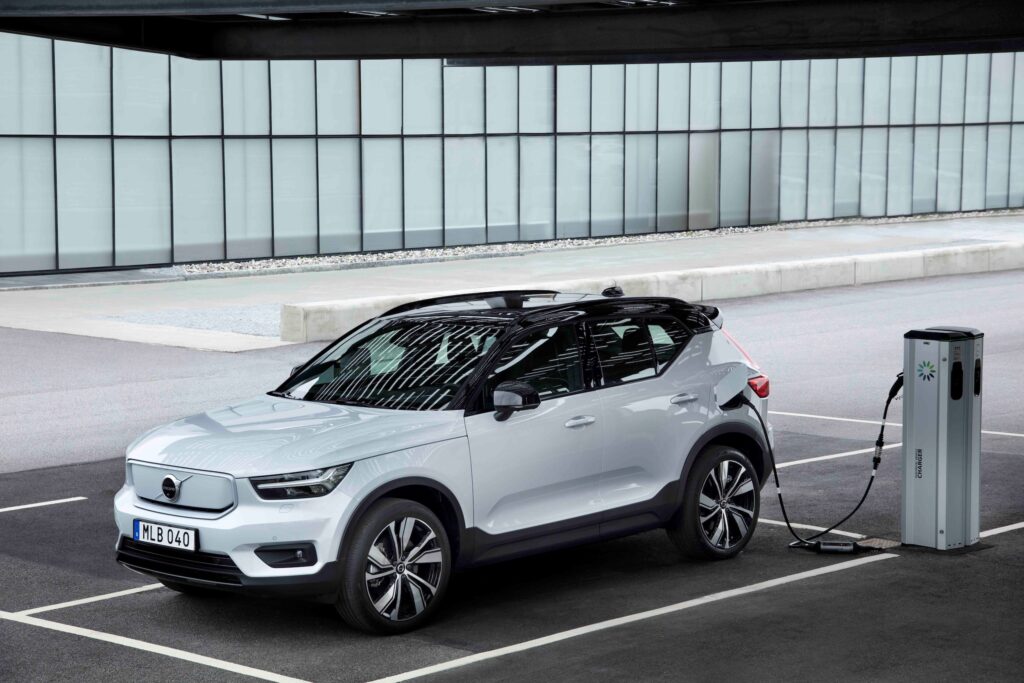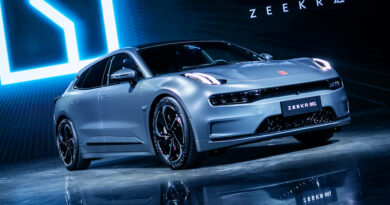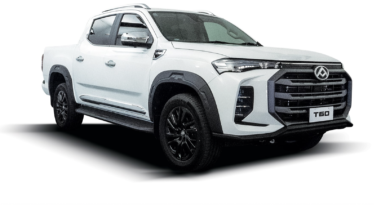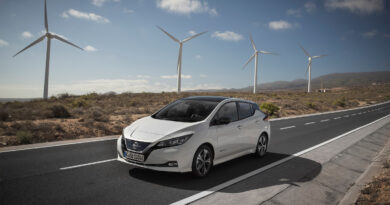Car salesmen face extinction as ICE age ends
Here’s another reason to welcome the switch to EVs… it’s likely they’ll consign old-fashioned car sales people to the rubbish bin of history.
Car makers see the transition from the internal-combustion engine (ICE) to pure electric power as an opportunity to make the purchasing process much less unpleasant for customers.
Volvo, which has just officially confirmed a long-rumoured plan to produce only fully electric cars from 2030, says all its forthcoming EVs will only be sold online.
The announcement came as Volvo revealed the new C40 Recharge electric car, a coupe-inspired sporty EV SUV based on the underpinnings of the XC40 Recharge that goes on sale in Australia within months.
It’s a strategy already proven successful by Tesla, and one likely to become more widespread. Car makers in Australia also implemented online sales during the Covid-19 pandemic, paving the way for more sales that don’t require visiting a dealership.
With the switch to online sales, the Swedish brand aims to radically reduce complexity in its product line-up and to introduce transparent and set pricing models. This will eliminate the need for negotiations, increase transparency and build trust, Volvo believes.
And it will also greatly diminish, if not totally eliminate, the role of the traditional car salesman.
Still, Volvo says dealerships will continue to provide a variety of important services, including preparing, delivering and servicing cars.
“Online and off-line need to be fully and seamlessly integrated,” says Lex Kerssemakers, Volvo’s head of global commercial operations. “Wherever the customer is in their journey – online, in a showroom, in a Volvo Studio, or driving the car – the customer experience needs to be top-notch.”

The 2030 plan to be a 100-percent EV car maker makes perfect sense to Volvo.
“To remain successful, we need profitable growth. So instead of investing in a shrinking business, we choose to invest in the future – electric and online,” says Volvo chief executive Håkan Samuelsson.
The company’s chief technology officer, Henrik Green, puts it more bluntly. “There is no long-term future for cars with an internal combustion engine.”
The switch to EVs will be relatively swift. Volvo is aiming for 50 percent of its global sales to be EVs by 2025, with the rest hybrids.




